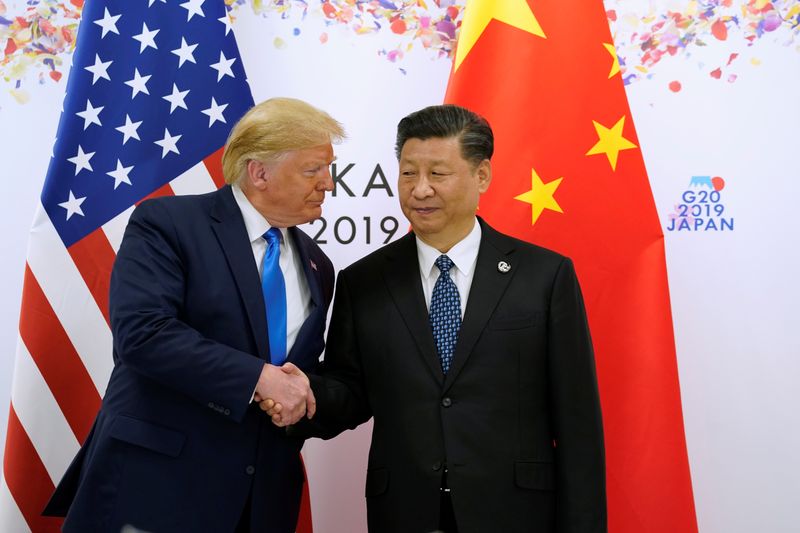WASHINGTON (Reuters) – Newly elected U.S. President Donald Trump has invited Chinese President Xi Jinping to attend his inauguration next month, CBS News reported on Wednesday, citing multiple sources.
The invitation to the Jan. 20 inauguration in Washington was made in early November, shortly after the Nov. 5 presidential election, and it was not clear whether it had been accepted, CBS reported.
The Chinese embassy in Washington did not immediately respond to a request for comment.
Trusted news and daily treats, straight to your inbox
See for yourself: The Yodel is the source for daily news, entertainment and feel-good stories.
Trump said in an interview with NBC News on Friday that he “got along very well” with Xi and that they had had “communication as recently as this week.”
It would be unprecedented for a leader of China, a top US geopolitical rival, to attend a US presidential inauguration.
Trump has appointed numerous China hawks to key posts in his new administration, including Senator Marco Rubio as secretary of state.
The president-elect has said he will impose an additional 10% tariff on Chinese goods unless Beijing does more to stop the trade of the highly addictive narcotic fentanyl. He also threatened tariffs of more than 60% on Chinese goods during his campaign.
In late November, Chinese state media warned Trump that his promise to impose additional tariffs on Chinese goods instead of fentanyl flows could drag the world's two largest economies into a mutually destructive tariff war.
Separately, Chinese US Ambassador Xie Feng read a letter from Xi to a US-China Business Council gala in Washington on Wednesday, in which the Chinese leader said Beijing was willing to remain in communication with the US.
“We should choose dialogue over confrontation and win-win cooperation over zero-sum games,” Xi said in the letter.
Xie added that the two countries should not disconnect supply chains. But Nicholas Burns, the US ambassador to Beijing, said in a pre-recorded video address that China sometimes tried to “sugarcoat” challenging and competitive relations.
“No amount of happy talk can disguise our deep differences,” Burns said.
(Reporting by Jasper Ward, David Brunnstrom, Michael Martina and Costas Pitas; Editing by Cynthia Osterman)

